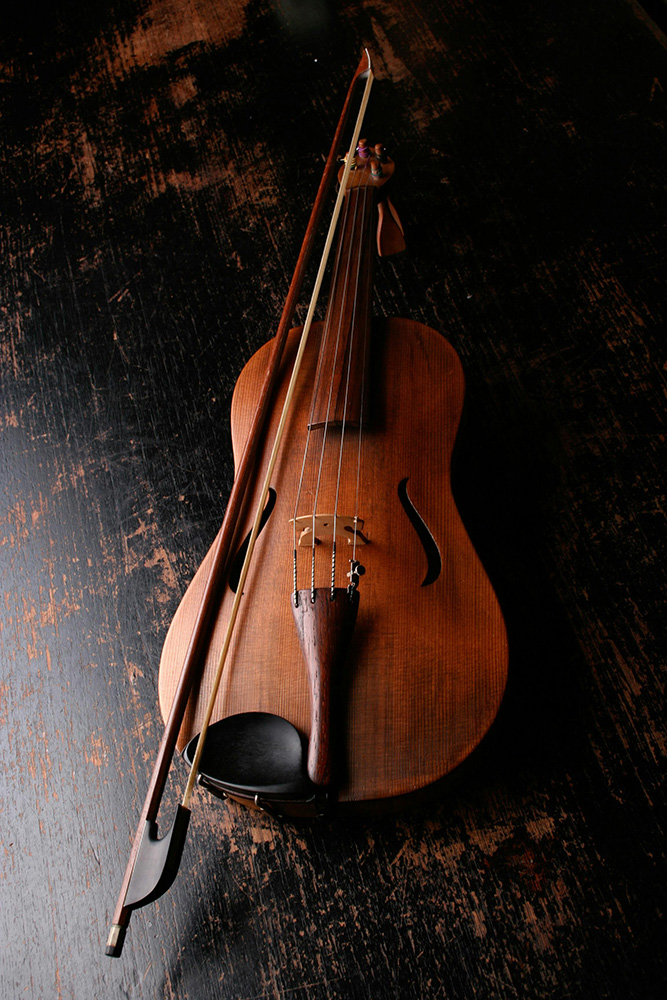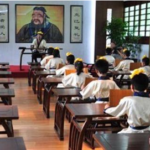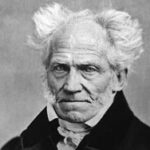Jie Sun, Conservatory of music, Jiangsu Normal University, Xuzhou, China
The paper Aria of thought: philosophical exploration through the expression of vocal music, published in the journal Trans/Form/Ação, evaluates vocal music’s role in philosophical exploration, explains the relationship between vocal music and philosophy, showing us the power of music. How does music convey philosophical thoughts? Can music reflect our spiritual world? Can music help us express our emotions, convey our ideas, and inspire us? You will find all the answers and get enlightenment in this article.
The relationship between philosophy and music is a topic with a long history. As early as the ancient Greek era, philosophers began to explore the relationship between music and philosophy. “Music is the movement of sound; it reaches the soul and educates the virtues of the soul” (Code, 2010), Plato said.
For philosophers in Ancient Greece, music was part of the structure of the universe and represented people’s philosophical thinking about the universe. When the time machine entered the Middle Ages, people still did not stop thinking about the close connection between music and philosophy. Music is considered a tool to convey philosophical ideas and express emotions.
This is also the unique perspective of this article. When we talked about philosophy, we always felt that it is a metaphysical question, serious and abstract, and rarely associated with music, rhythm, melody, but this article transcends this limitation and leads us to explore the role of vocal music respect to the emotional expression, conceptual communication, and inspirational impact.
Among many musical forms, aria plays an important role. As the author emphasizes, in the classic aria, Puccini’s Turandot, the tenor’s powerful voice expressed the characters’ determination and hope, arousing strong emotional resonance among the audience. Indeed, Music is the best expression of human emotions. “Music is expressive of emotions in virtue of displaying emotion characteristics in appearance” (Davies, 2013, p. 221).
Of course, music is important to philosophy not only in that it can help express emotions, but also in that it can express the complex and abstract philosophical ideas through the synergy of lyrics, melody, and performance techniques. This is also a further reflection of this article on how music specifically helps us convey philosophical ideas.
In other words, the author not only pays attention to the vital role of music in conveying philosophical ideas, but also deeply analyzes the specific paths and mechanisms by which music helps us to convey philosophical thoughts. This is also the reason why this article is worth recommending, for exploring the relationship between music and philosophy from both theoretical and practical dimensions.

Image: Pixabay.
Undoubtedly, expressing emotions and concretizing philosophical concepts are just a few aspects of the role of music to convey philosophy ideas. There are many more explorations of the relationship between them. As another point raised by the author in the article, music is a kind of aesthetic expression. For this, the author gives us the example of the famous German opera “The Ring of the Nibelung”, in which Richard Wagner creates a grand and unique aesthetic scenes, through the synergy of voice, singing and stage performance, combines the grand scenes of epic stories with emotional expression, allowing the audience to immerse themselves in it and enjoy a unique aesthetic experience.
It is an excellent example of the fusion of aesthetics and philosophy. Of course, music is the bridge between them. From this, we can see that the aesthetic value of music. As Levinson (1998) said: “the value of music lies mainly in its beauty because it can bring pleasure to the audience”.
In addition to the spirituality of music, the author also discusses the materiality of philosophy, that is, the role of philosophy in education.
The discussion on the relationship between music, philosophy and education is also a long-standing topic. Similarly, Plato, this ancient Greek philosopher, already had his understanding of the importance of music in philosophical education. Plato said that “Music is the movement of sound to reach the soul for the education of its virtue”. Indeed, as the Greek philosopher Plato and this article have shown us, the vital role of music for the education has been seen in ancient times. Therefore, for today’s university education, we cannot ignore the important influence of music on philosophy and education, especially for university education in the context of the digital age.
This is another highlight of this article. It not only focuses on the important role of music in expressing sensuality and conveying philosophical thoughts in history, but also connects it with the reality, exploring the role of music in today’s philosophy education and international exchanges in the digital era.
In this regard, the article mentions the progress of Western music and its impact on Chinese music education, but does not forget to mention the new developments in Chinese music technology, showing us the music live streaming platform TikTok, the application of VR and IR technology in modern music and indicating that the new Chinese music platform has built a new bridge for the exchange of philosophical ideas between different cultures in a new Internet era.
There is no doubt that the exchange between Eastern and Western music cultures has promoted the exchange and progress of Eastern and Western music philosophies, and also promoted broader cultural understanding of students. It is this new perspective that makes the whole article more up-to-date and keep up with the trend of the digital era.
To conclude, the integration of vocal music and philosophy is crucial for exploring profound human emotions and societal issues. The article explores the vital role of vocal music in expressing philosophical thoughts, conveying emotions, promoting a better understanding of life, and communicating profound ideas, to help us make a further thinking about the close connection between philosophy and music.
To read the article, access
SUN, J. Aria of thought: philosophical exploration through the expression of vocal music. Trans/Form/Ação [online]. 2024, vol 47, no. 6 [viewed 25 October 2024]. https://doi.org/10.1590/0101-3173.2024.v47.n5.e02400250. Available from: https://www.scielo.br/j/trans/a/njPFVzkcXFDNvqTBF6KxcbK
References
CODE, D.J. Real Feelings: Music as Path to Philosophy in 2001: A Space Odyssey. UK: Cambridge University Press, 2010.
DAVIES, S. Musical Understandings and Other Essays on the Philosophy of Music. UK: Oxford University Press, 2013.
LEVINSON, J. Music, aesthetics of. Routledge Encyclopedia of Philosophy. USA: Taylor and Francis, 1998.
LAWRENCE, F. Philosophy and the Analysis of Music: Bridges to Musical Sound, Form, and Reference. CA: Praeger, 1991.
External links
Trans/Form/Ação – TRANS: https://www.scielo.br/trans/
Trans/Form/Ação – Journal: Instagram | Facebook | Academia.edu
About Jie Sun
Sun Jie is graduated from Nanjing Arts Institute in 2005, specializing in vocal singing and teaching research. In September 2013, she went to Toronto Conservatory of Music in Canada to study, majoring in opera singing and research. She was awarded the Gold Medal in the International Chinese Vocal Competition.
Como citar este post [ISO 690/2010]:

















Recent Comments